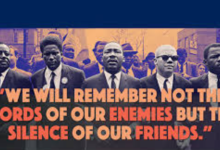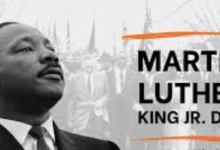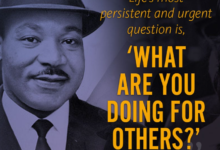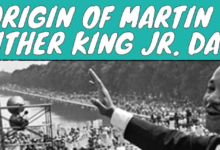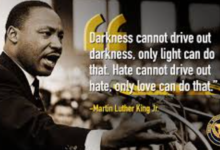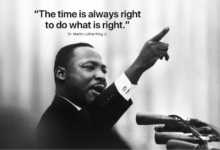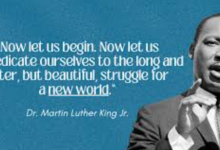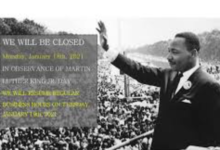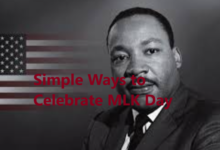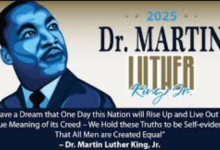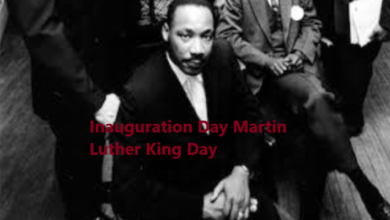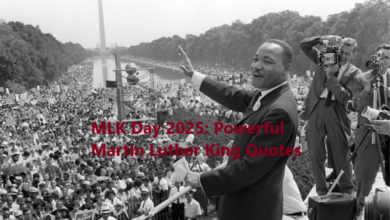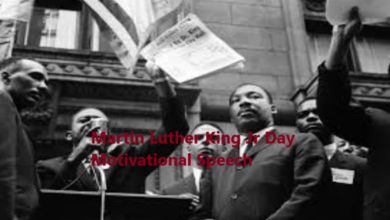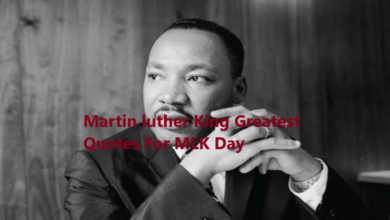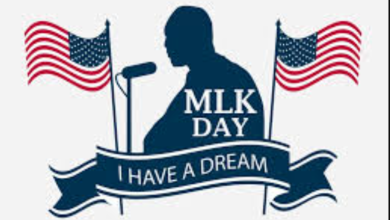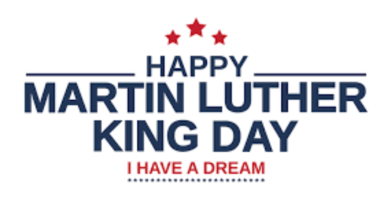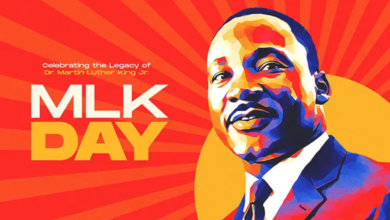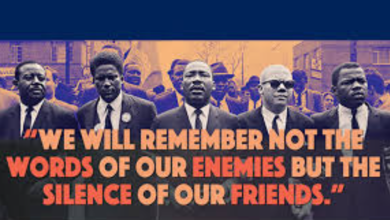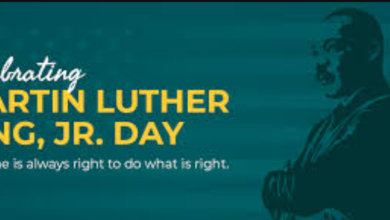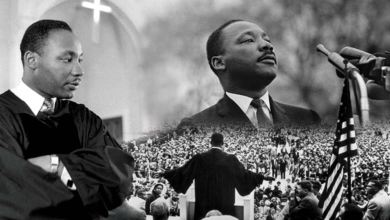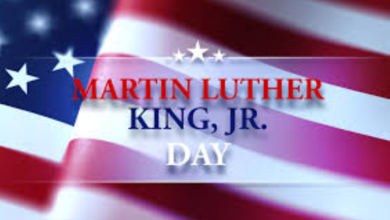Martin Luther King Jr Interesting Facts 2025
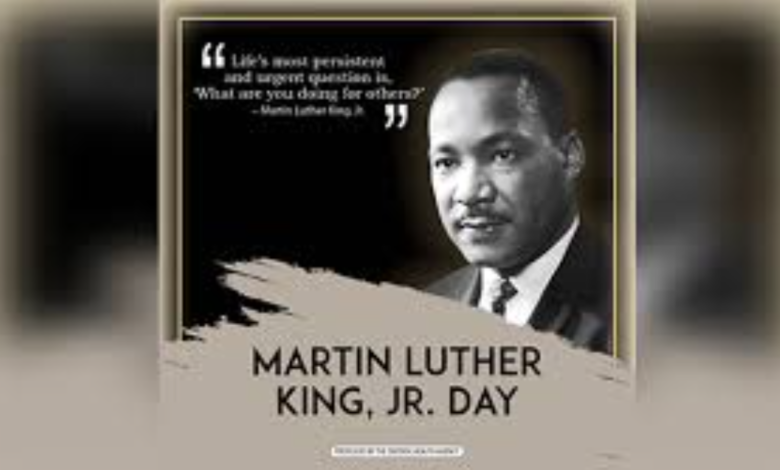
Dr. Martin Luther King Jr., a name synonymous with the civil rights movement in the United States, was more than just the man behind the famous “I Have a Dream” speech. His life, marked by incredible bravery, timeless wisdom, and unwavering determination, continues to inspire millions. While many know him as a pivotal leader in the fight against racial inequality, there are several lesser-known, fascinating details about his life that paint a fuller picture of the man and his mission.
This post dives into 10 fascinating and surprising facts about Martin Luther King Jr. that highlight his legacy, complexities, and profound impact on the world.
1. Martin Luther King Jr.’s Name Wasn’t Always Martin
Martin Luther King Jr. was actually born as Michael King Jr. on January 15, 1929. His father, a pastor who was also named Michael King, traveled to Germany in 1934 and became inspired by the teachings and reformist actions of Martin Luther, the German theologian. When he returned to the U.S., he changed his name to Martin Luther King Sr., and subsequently renamed his young son Martin Luther King Jr.
2. He Was a Child Prodigy
Dr. King skipped two grades in high school—ninth and twelfth—allowing him to enroll in Morehouse College at the tender age of 15. This remarkable achievement demonstrated his intellect and determination early in life. At Morehouse, he studied sociology and later pursued a path in theology at Crozer Theological Seminary.
3. He Earned His Doctorate by Age 25
One of Dr. King’s greatest achievements was obtaining a Ph.D. in Systematic Theology from Boston University by the age of 25. His dissertation, titled “A Comparison of the Conceptions of God in the Thinking of Paul Tillich and Henry Nelson Wieman”, showcased his deep understanding of theology and philosophy.
Interestingly, it was during his time in Boston that he met and fell in love with Coretta Scott, who would later become his wife and key partner in the civil rights movement.
4. King’s “I Have a Dream” Speech Was Not Entirely Planned
The iconic “I Have a Dream” speech, delivered during the March on Washington for Jobs and Freedom in 1963, wasn’t fully scripted. According to numerous reports, Dr. King improvised parts of the speech, including the unforgettable “I have a dream” refrain. Gospel singer Mahalia Jackson, who was standing nearby, reportedly inspired this shift when she urged him to “tell them about the dream.”
This spontaneous pivot turned the address into one of the most powerful speeches in history.
5. He Was the Youngest Nobel Peace Prize Winner of His Time
At just 35 years old, Martin Luther King Jr. became the youngest recipient of the Nobel Peace Prize in 1964. He was honored for his non-violent resistance to racial inequality and his leadership in the U.S. civil rights movement. Upon receiving the prize, Dr. King donated the entire $54,123 prize money to the civil rights cause, speaking volumes about his dedication to the movement.
6. Dr. King Was Arrested 29 Times
Martin Luther King Jr. was arrested a staggering 29 times during his activism. These arrests were for acts of civil disobedience and on often trivial or exaggerated charges. For instance, one arrest came when he protested against segregation on buses, and another occurred after he was jailed for driving just 30 miles per hour in a 25-mph zone. These arrests were a grim reminder of the widespread institutional opposition he faced.
7. His “Letter from Birmingham Jail” Was Written on Scraps of Paper
One of Dr. King’s most profound writings, the “Letter from Birmingham Jail,” was written during his imprisonment in 1963. With limited resources, he drafted the letter on scraps of newspaper and a smuggled notepad. Directed at eight white clergymen who criticized his activism, the letter became a defining text advocating the necessity of nonviolent protest and direct action.
Notably, the letter includes the powerful assertion, “Injustice anywhere is a threat to justice everywhere.”
8. He Survived an Assassination Attempt Before 1968
Long before his tragic assassination in 1968, Dr. King was the target of an attempt on his life in 1958. During a book signing in Harlem, a woman named Izola Ware Curry stabbed him in the chest with a letter opener. The blade was so close to his aorta that doctors later told him a single sneeze could have been fatal.
Despite the ordeal, Dr. King forgave his attacker and continued his mission of nonviolence and reconciliation.
9. He Decried More Than Just Racial Inequality
While Dr. King is best known for his work related to civil rights, he was a fierce critic of multiple social injustices, including economic inequality and the Vietnam War. His speech, “Beyond Vietnam,” delivered in 1967, described the war as an enemy of the poor and called for broader systemic changes.
This more expansive activism made him a polarizing figure in his later years, with opponents branding him as a communist and a radical.
10. Martin Luther King Jr. Day Faced Resistance
The push to honor Dr. King with a national holiday wasn’t immediately successful. Although he was assassinated in 1968, it wasn’t until 1983 that President Ronald Reagan signed the holiday into law. Even then, it faced resistance, with some states initially refusing to recognize it. Today, Martin Luther King Jr. Day is celebrated annually on the third Monday of January, commemorating his legacy and contributions to justice and equality.
